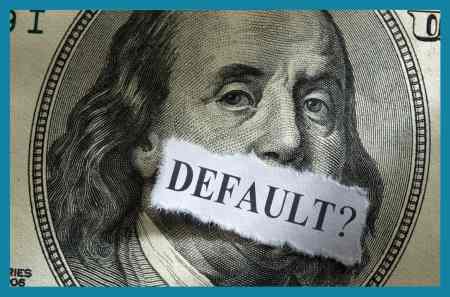What Are the Consequences of Defaulting on a Payment Plan with the IRS?

Obtaining an IRS Installment Agreement
IAs allow taxpayers to pay off their debt via monthly payments. Some taxpayers can apply online if they meet certain criteria. Otherwise, they must fill out Form 9465 and, in some cases, provide additional financial information. Notably, there are several types of installment agreements, including a partial pay installment agreement (PPIA) that may reduce your debt as well as allow you to pay over time. However, there are strict requirements for the different IAs.
If your IA is approved, you must pay the minimum monthly amount and timely file all tax returns and pay your taxes in full.
Consequences of Defaulting on an IRS Payment Plan
If you cannot make your payments under the IA or otherwise breach the terms of the IA, you will go into default. If that happens, the consequences include:
- Termination of the agreement: If you default, the IRS can terminate the agreement and demand immediate payment of the remaining balance.
- Penalties and interest: During the IA, penalties and interest will continue to accrue on unpaid tax balances. When you default, those penalties and interest become due immediately.
- Collection action: Upon default, the IRS can resume collection action against you which was suspended while your IA was in place. That means the IRS can levy your bank accounts, garnish your wages, put a lien on your property, or even seize assets to satisfy the tax debt. You could also have your passport revoked and face criminal prosecution.
- Credit score: Owing back taxes will negatively affect your credit score, which in turn hurts your ability to get a loan, mortgage or credit card, and can even impact job prospects.
Avoiding Default of an IRS Payment Plan
The best way to avoid default is to be proactive. Before you default, take these steps:
- Revise your payment plan: If you are having financial troubles, you may be able to revise your payment plan online or by using Form 9465. The IRS may adjust your terms based on your current income and expenses.
- Consider an offer in compromise: If you cannot afford to make any payments, you might qualify for an offer in compromise (OIC) or PPIA. An OIC is an agreement where the IRS agrees to accept less than the full amount owed to settle your tax debt. You must submit financial documentation for an OIC and a PPIA. It is advisable to work with an attorney to help you make a strong case for reducing your liability.
Note that if you do default, you may be able to appeal the termination of your IA and have the IA reinstated.
It is always best to address your tax issues promptly. Consult a tax lawyer when you know you owe back taxes. A lawyer can assist you in finding the best resolution for your case. Contact us today for a consultation.


